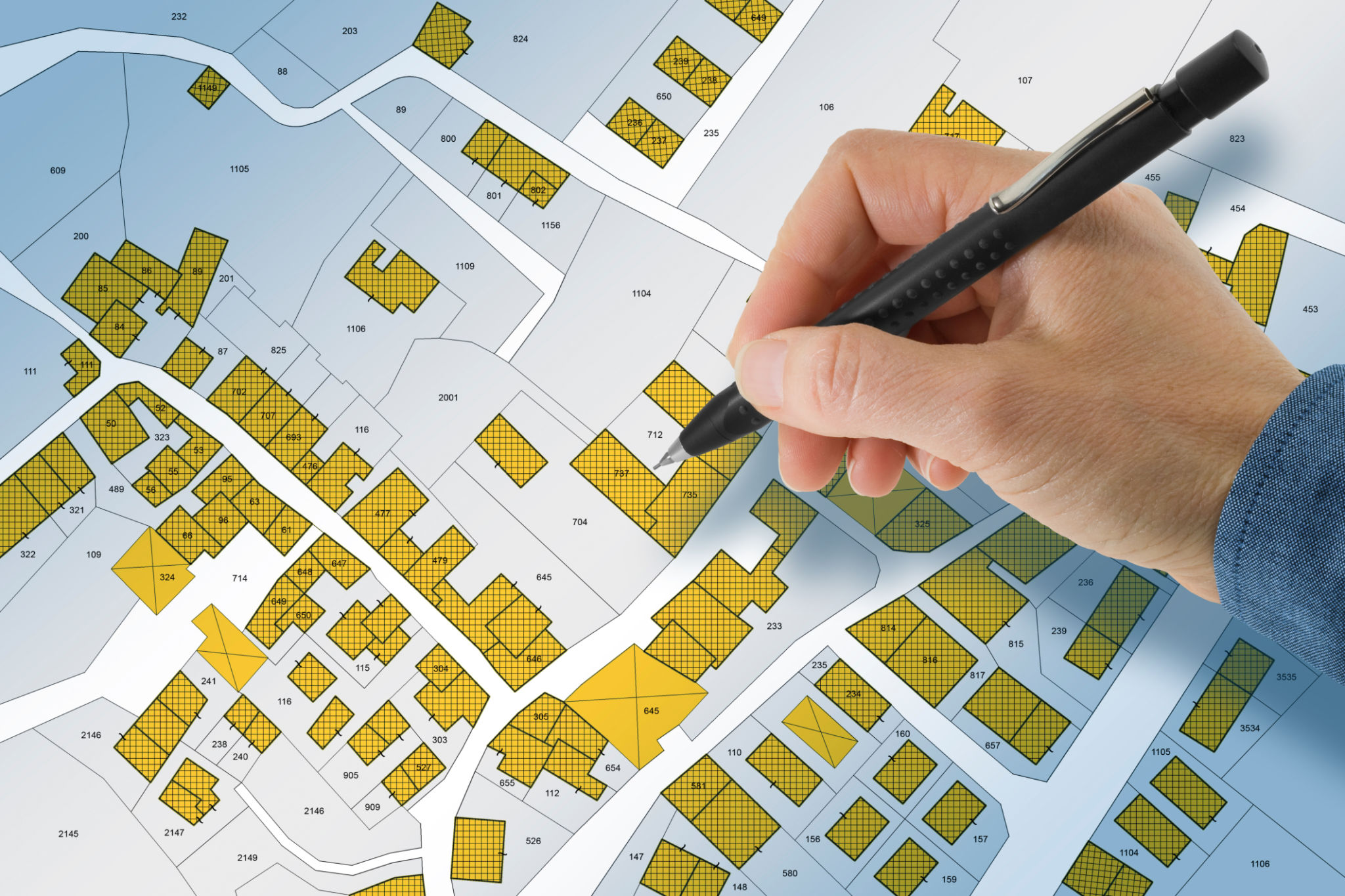Expert Tips on Preparing Raw Land for Development
Understanding the Basics of Raw Land Development
Developing raw land is an exciting venture but requires meticulous planning and execution. To ensure a successful project, it's essential to understand the land's characteristics and the regulatory environment you'll be working within. Before breaking ground, conduct a thorough assessment of the land's topography, soil quality, and environmental factors. This initial evaluation will guide you in making informed decisions throughout the development process.

Conducting a Comprehensive Site Analysis
A comprehensive site analysis is crucial for any land development project. Engage professionals to perform surveys and assessments, pinpointing potential challenges such as flood zones, soil erosion, or protected wildlife areas. Understanding these elements early on will save time and resources and help you devise strategies to address these issues proactively.
Moreover, consider the land's access to utilities such as water, electricity, and sewage systems. If these are not readily available, you may need to plan for their installation, which can significantly impact your budget and timeline.
Obtaining Permits and Approvals
Securing the necessary permits and approvals is a critical step in the development process. This includes zoning approvals, environmental clearances, and building permits. Each jurisdiction may have different requirements, so familiarize yourself with local regulations and guidelines.

Working closely with local authorities and stakeholders can facilitate a smoother approval process. Keep in mind that adhering to all legal requirements is not just a formality but a necessity to avoid future legal complications that could derail your project.
Designing a Practical Development Plan
Once you have a clear understanding of the site and necessary permits, it's time to design a practical development plan. This plan should include detailed layouts for infrastructure, buildings, and open spaces. Collaboration with architects and engineers is vital to ensure that your design is both aesthetically pleasing and functional.
- Consider sustainable practices such as green building materials.
- Incorporate energy-efficient designs.
- Plan for stormwater management to prevent erosion.

Budgeting and Financing Your Project
Effective budgeting is essential for the success of your development project. Develop a comprehensive financial plan that accounts for all phases of the project, from planning and permits to construction and marketing. It's advisable to include a contingency fund to cover unexpected expenses that may arise during development.
Securing financing can be challenging but is crucial for moving forward. Explore different financing options such as loans, grants, or partnerships with investors. Presenting a well-researched business plan can improve your chances of obtaining the necessary funds.
Choosing the Right Contractors
Selecting experienced and reliable contractors is key to ensuring quality workmanship and adherence to timelines. Conduct thorough research and seek recommendations to find contractors with a proven track record in similar projects. It's important to establish clear communication channels and set expectations from the outset.

Regularly monitor progress and maintain open lines of communication to address any issues promptly. A strong working relationship with your contractors can significantly influence the success of your development project.
